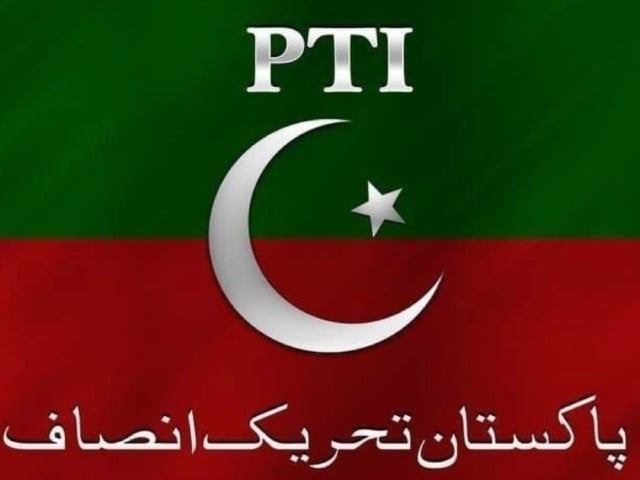
As the Pakistan Tehreek-e-Insaf (PTI) navigates the legal minefield with a flawed strategy to secure reserved seats. all eyes remain fixed on the Supreme Court to decide who will clinch the seats, crucial for determining the course of governance and potential constitutional amendments.
The apex court is also grappling with the perception battle over the seats, with the outcome of these reserved seats potentially shaping whether the government can push through constitutional amendments.
Complicating matters further is the widely known friction between PTI and the security establishment, exacerbated since the May 9 incidents, the SC’s judgment on reserved seats assumes paramount importance.
Even with top-notch lawyers at their disposal, PTI has faltered in devising a coherent legal strategy.
Monday’s hearing saw Justice Syed Mansoor Ali Shah express bewilderment at the mishandling of the case following the January 13 order that deemed PTI’s intra-party elections illegal, thereby barring it from contesting the recent 2024 general elections under their party symbol.
The Election Commission of Pakistan (ECP) snubbed PTI-backed candidates, relegating them to run as independents without any legal recourse taken to challenge the commission’s decision.
Salman Akram Raja’s petition challenging the ECP’s stance was returned by the SC Registrar’s office, raising eyebrows as no further appeal followed.
Moreover, Chief Justice of Pakistan (CJP) Qazi Faez Isa also questioned why independent candidates, instead of aligning with PTI, chose not to join the party, which remained a registered entity despite the court’s January 13 ruling.
Meanwhile, there is unanimity among the judges that the ECP misinterpreted the January 13 order, while legal experts question as to why the commission did not seek SC’s guidance on the matter.
Secondly, lawyers are wondering why the SC, as the guardian of the constitution, did not take the initiative to address the misinterpretation of the January 13 order by the ECP by invoking its suo motu jurisdiction.
The burning question now looms over whether PTI’s flawed legal strategy will bear the burden of accountability or if the top court will hold the ECP responsible as a constitutional body.
As proceedings unfold, observers anticipate a critical examination of the ECP’s actions by the SC judges, against the backdrop of PTI’s accusations of bias against the commission. Moreover, Justice Munib Akhtar has already pointed out serious errors in the ECP’s post-January 13 judgments.
‘Slim chances SIC will get the seats’
A senior lawyer opined that there were currently three distinct views regarding the highly-anticipated outcome of the case.
One camp feels that the extra seats cannot go to other parties. Second, some believe that SIC should get the seats, while the third view backs the entitlement of PTI. “So, the situation right now is fluid,” he added.
However, after Monday’s hearing, chances are slim that reserved seats will be handed to SIC. One section of judges is putting the ball in PTI’s court for not securing reserved seats due to its poor legal strategy.
“Now, there is suspense as to whether extra seats will be given to other parties or not.”
During the hearing, CJP Isa also asked Salman Akram Raja who advised more than 80 returned candidates to join SIC.
Observers point out that history tends to remember the judgments and not the arguments of counsels.
For instance, Zulfiqar Ali Bhutto’s counsel was blamed for dropping the ball in his case. However, history pointed the finger at the judges who awarded him the death sentence.
Similarly, there were glaring flaws in the legal strategy of the Sharif family’s legal team in the Panama case. However, judges ended up taking flak for Nawaz Sharif’s disqualification and the convictions of him and his other family members.
Ex-CJP Saqib Nisar had disqualified Nawaz Sharif as party head, and PML-N candidates in Senate elections ran as independent candidates.
Although CJP Isa consistently asserts that PTI was responsible for not holding intra-party elections, the January 13 order is taking a beating.
Against the backdrop of tension between PTI and the security establishment, it will be interesting to see how SC judges will uphold and protect the constitution, democracy, and fundamental rights of citizens.

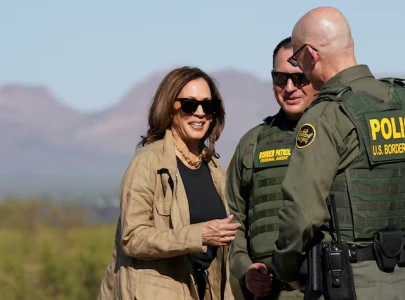


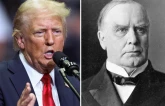


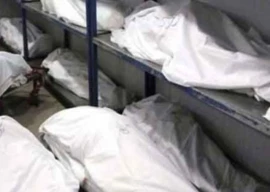
1697962549-5/Estheticare-(6)1697962549-5-270x192.webp)
1699022668-0/image-800x600-(38)1699022668-0-270x192.webp)
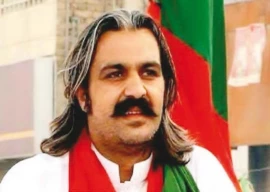
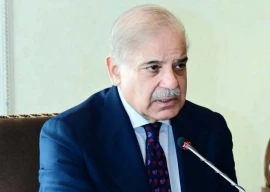






COMMENTS
Comments are moderated and generally will be posted if they are on-topic and not abusive.
For more information, please see our Comments FAQ